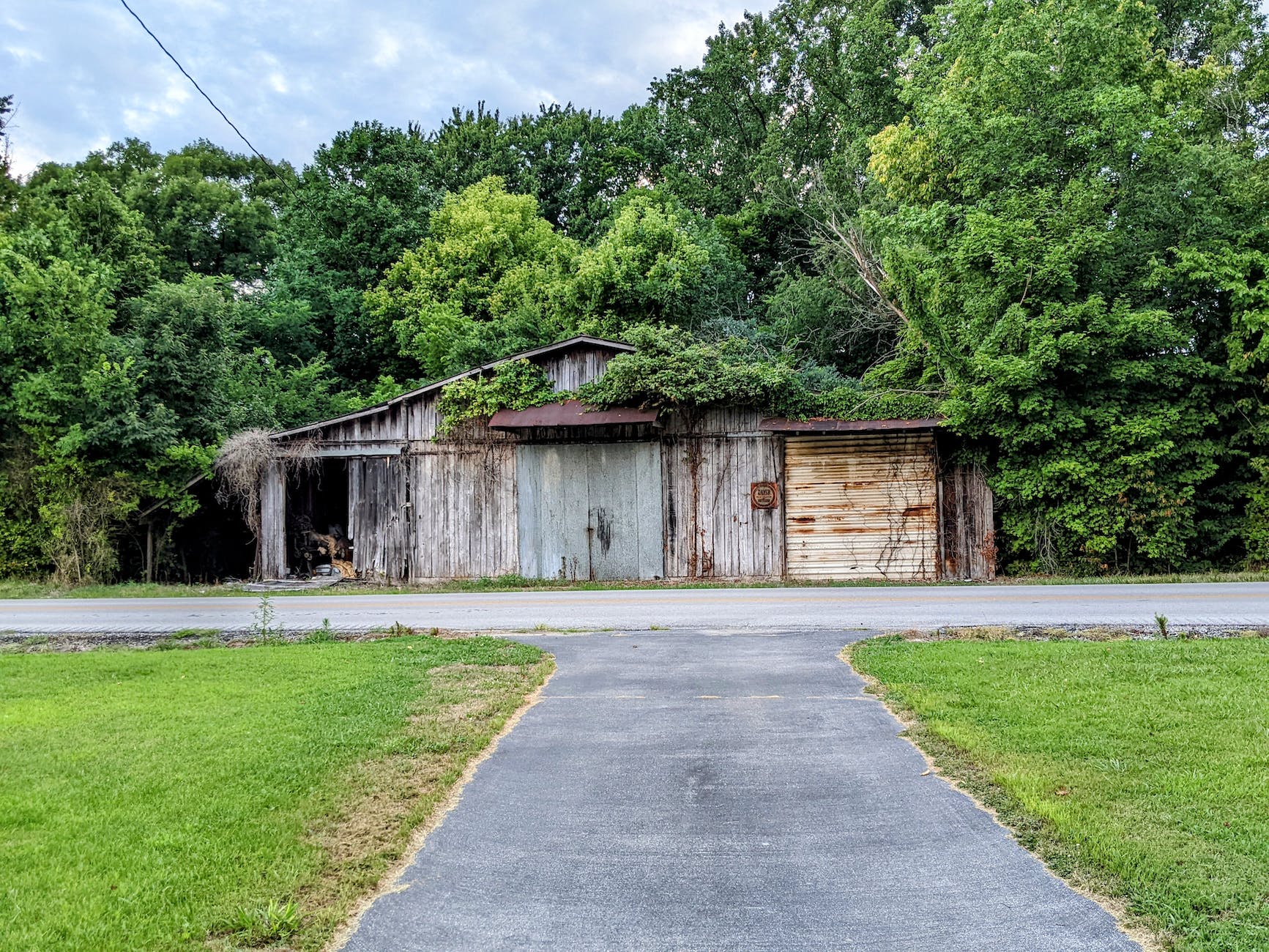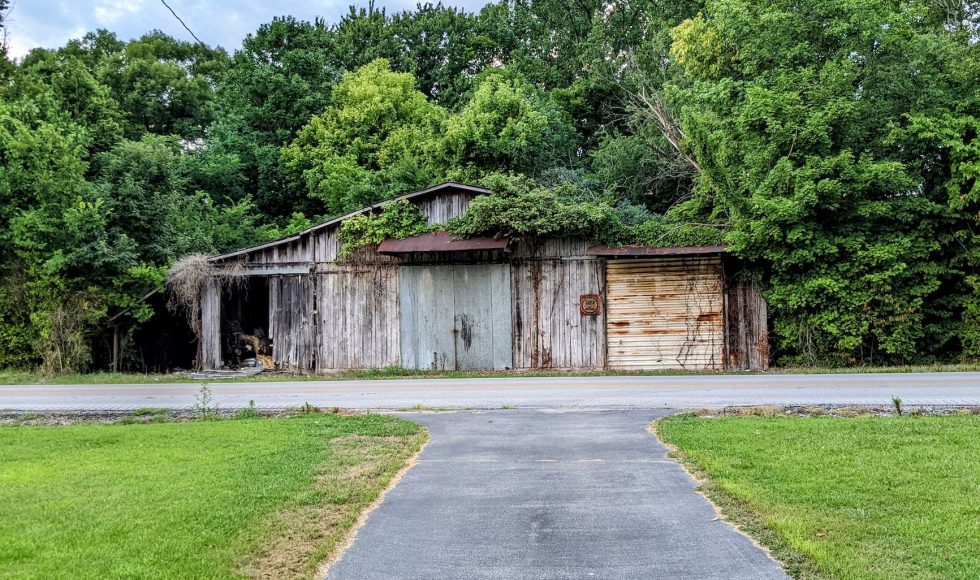“Antimicrobial wastewater epidemiology in low-resource communities” was the title of William Strike’s London Calling 2023 session. They are in the University of Kentucky and began their work on campus doing SARS-CoV-2 surveillance. They expanded their work to rural Kentucky. Strike explained that transporting wastewater from low-resource communities is difficult. They set up a BSL-2 van with on-site extraction and PCR-based data collection. No shipping was then necessary. Their extraction process on-site was very valuable. The team also created a Power-bi informatics dashboard. For genome extraction, they used an exclusion-based sample preparation (ESP) and process that uses magnets and a platform that moves across columns of samples. Strike and team were interested in exploring antimicrobial resistance prevalence after the pandemic. They used their proof-of-concept NGS sequencing results from a commercial panel for Illumina sequencing. For most of their runs, they ran Flongle flowcells and mentioned that duplex reads helped improve quality. Strike used EPI2ME Labs and EPI2ME cloud-based workflows. The team is expanding to global initiatives in places prone to natural disasters, for example. They are working with researchers in Uganda and other countries. Strike wants to use newer AMR data analysis tools, preferably online. Strike wants to also explore direct RNA and cDNA sequencing kits. This project was funded by the University of Kentucky and the CDC. What an exciting research project with global implications! I am interested in their extraction system with the magnet apparatus. Strike explained that the samples post elution are more stable for additional testing they do at the lab. The plate used for ESP is reusable!



